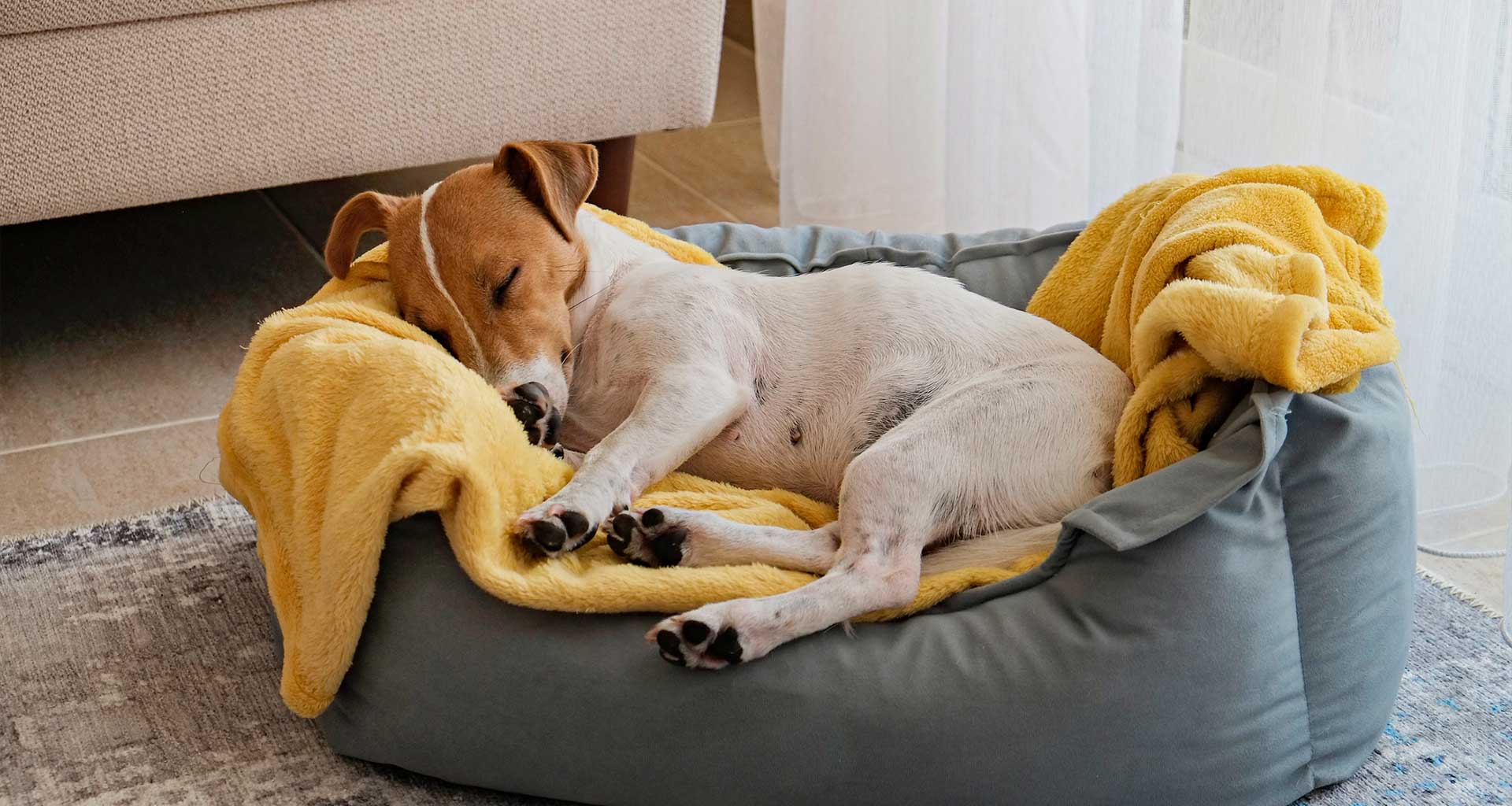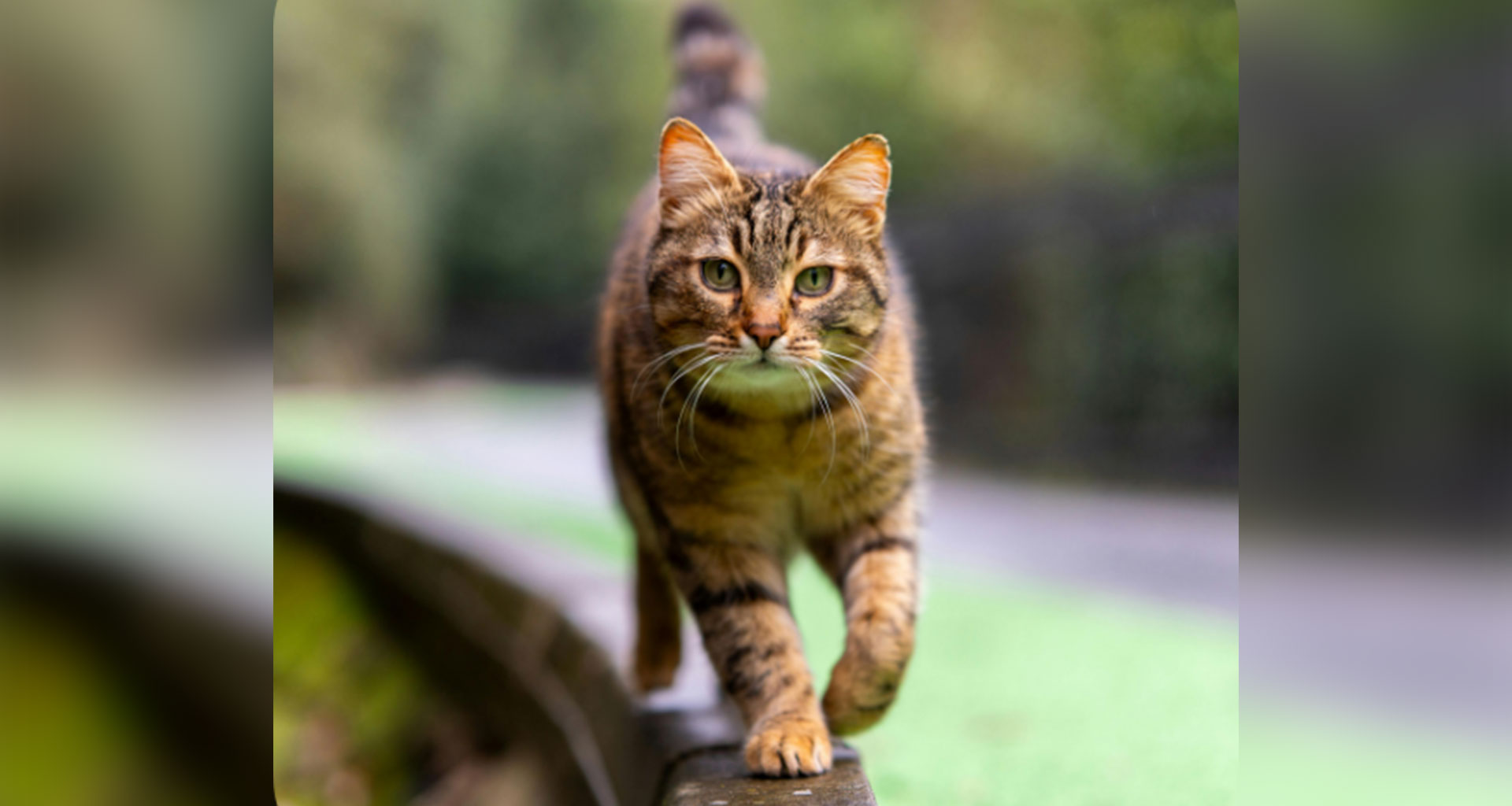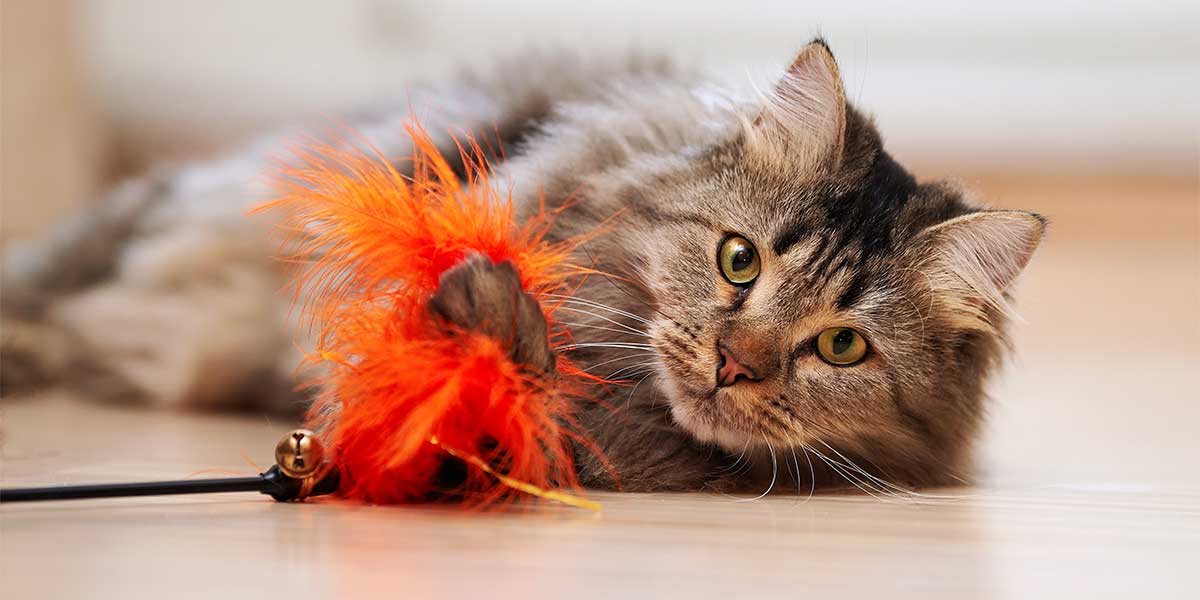Brunswick Central Vet Clinic recently had the pleasure of welcoming a specialist anaesthesiologist to assist our team with a complex case requiring general anaesthesia.
What is a specialist anaesthesiologist?
A specialist anaesthesiologist is a veterinarian who, after completing a Doctor of Veterinary Medicine, undergoes an additional three-year residency in Veterinary Anaesthesia. This advanced training provides in-depth knowledge and clinical experience in managing anaesthesia, particularly in high-risk or complicated cases.
Why was this necessary?
Our patient had previously experienced anaesthetic complications, including a prolonged grand mal seizure during recovery — a rare but serious event. Possible causes can include hypoxia, adverse reactions to medication, or even a pulmonary embolism. Fortunately, she made a full recovery, and we advised her owners that any future anaesthetics should be monitored by a specialist.
Twelve months later, she required a lumpectomy under general anaesthetic, and we were pleased to have a specialist on board.
What does a specialist anaesthesiologist do?
On the day of the procedure, the specialist arrived early to perform a comprehensive physical exam and plan the anaesthetic protocol. They selected and administered the appropriate pre-medications, placed the IV catheter, and managed induction and intubation. The entire procedure went smoothly under their expert monitoring.
Given the patient’s history, her recovery was closely observed — and we’re happy to report it was uneventful. She woke up comfortably and went home in great spirits.
If your pet has had anaesthetic complications in the past, consulting with a specialist anaesthesiologist can greatly improve the safety of future procedures.


